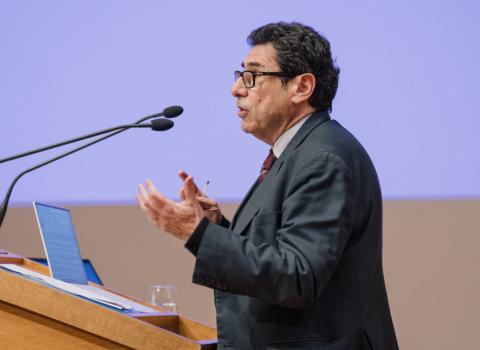Funding round completed
Nomad Digital of Newcastle, UK, has raised £6 million to fund growth and further investment in its wireless broadband connection for train. The company will use the cash to continue its growth in European, Asian and US markets and to invest in creating networks such as the world’s longest WiMax system it is building for Virgin Trains in the UK on the 600-kilometre West Coast Main Line.
The fundraising comes only weeks after Nomad was awarded a contract to design, supply, install, operate and maintain the Dubai Metro’s passenger internet and station wireless broadband services.
The new round was led by SEB Venture Capital and NorthStar Equity Investors. Existing investors Amadeus Capital Partners and T-Mobile Venture Fund followed on. This brings the total of funds raised by Nomad this year to £14.5 million, following an earlier successful raising of debt facilities.
Nomad installed the first rail broadband system on the UK’s Brighton Express in 2005. Along with building the Virgin West Coast Main Line and Dubai Metro networks, it has contracts to provide mobile internet access services with, UTA in Salt Lake City, NSB Norwegian State Railways and the Heathrow Express.
Nomad says its system provides continuous high-speed broadband coverage, even through tunnels and on underground sections of track.
Its high reliability and scalable capacity not only enable passengers to surf the net and send and receive emails, but the high bandwidth also allows the rapid transfer of large files and the deployment of new applications such as the implementation of real time CCTV.
Rail operators can also monitor the performance of their trains and locate all their fleet at any one time.
Nomad chief executive Graeme Lowdon said, The potential market for our systems is huge, with 141,000 trains worldwide, transporting 25.6 billion people every year. This latest funding round gives us the resources to exploit the many opportunities that are out there at a faster rate.
“The Dubai Metro, one of the most advanced urban rail networks in the world, a driverless, fully automated metro network projected to carry 355 million passengers a year, gives us an opening in the Middle Eastern market. In China, we have just successfully completed trials in Wuhan, one of the country’s biggest cities and we expect, within the next few weeks, to announce a major joint venture in China.”
James Raby, investment director for SEB Venture Capital, said, “Set against the background of fuel prices and environmental concerns, there is a renewed focus on investment in rail by public and private operators. Yet train time for most passengers remains commercial and entertainment dead time in the age of multi channel cable and the mobile web. In addition, for the operators, trains are very much a costly, yet unmanaged, asset between depots.”




 A unique international forum for public research organisations and companies to connect their external engagement with strategic interests around their R&D system.
A unique international forum for public research organisations and companies to connect their external engagement with strategic interests around their R&D system.